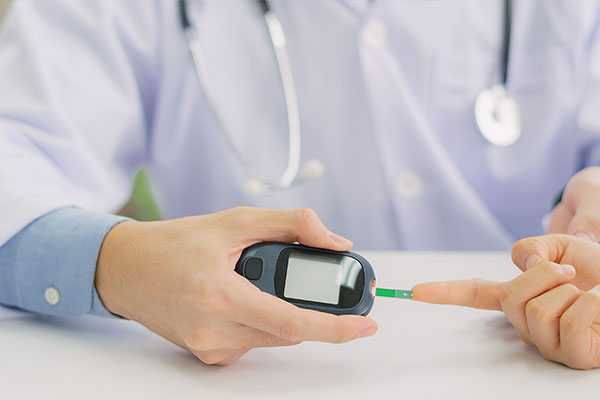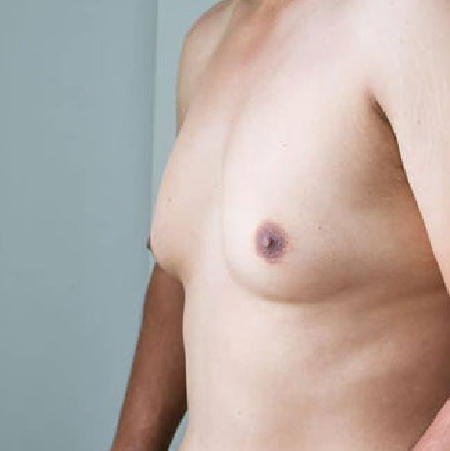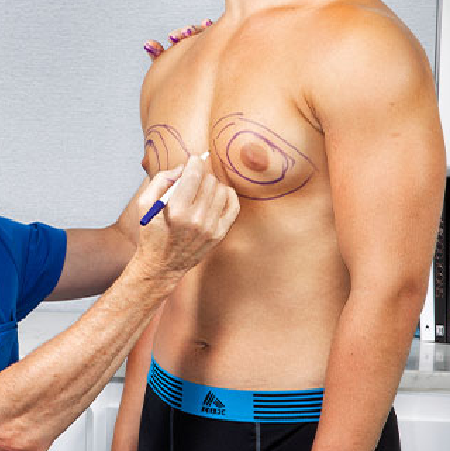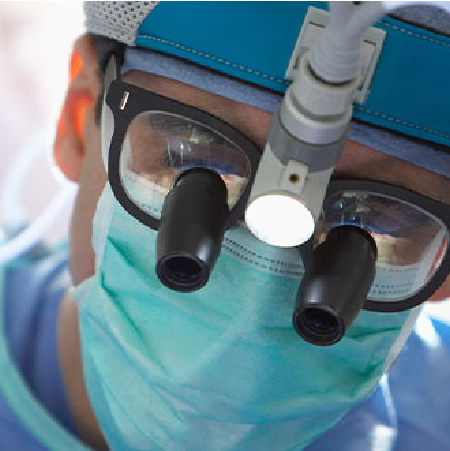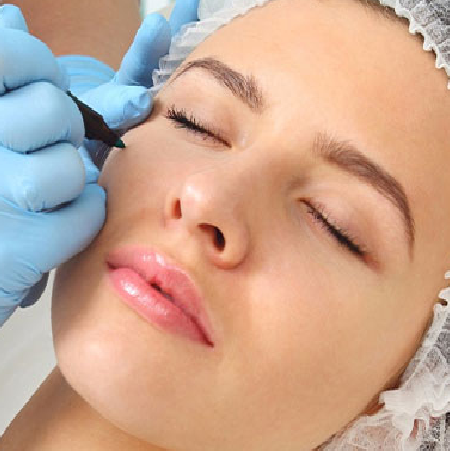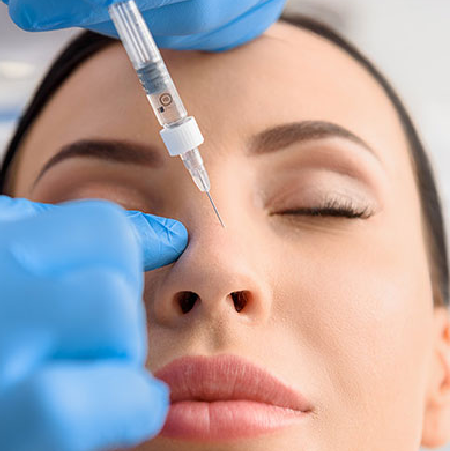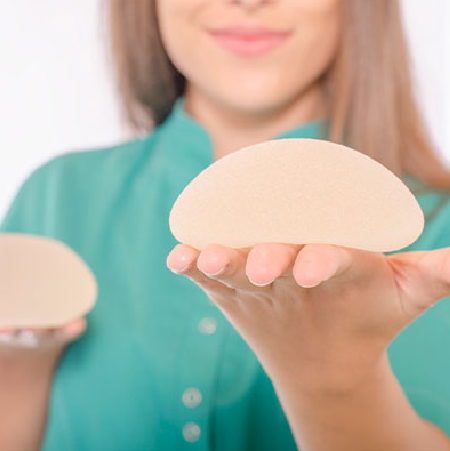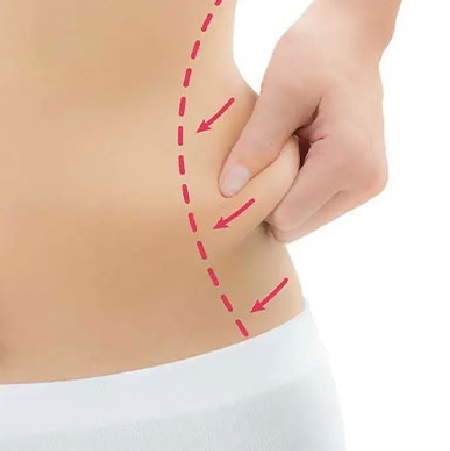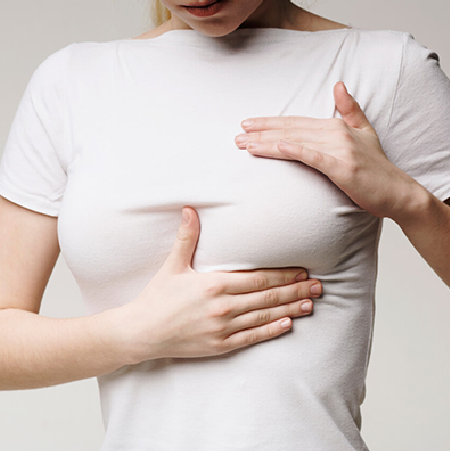liposuction benefits for type 2 diabetes
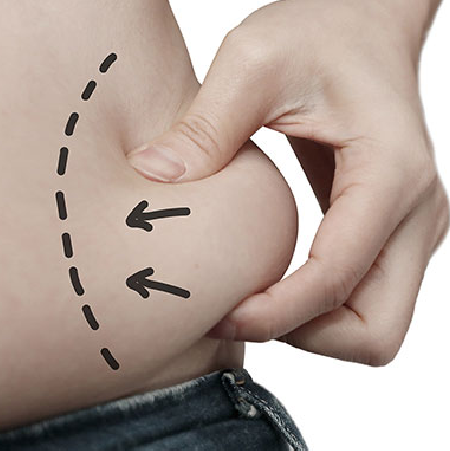
Liposuction for type 2 diabetes is a surgical method that removes fat buildup in specific areas of the body. While it can improve body shape, it is not a treatment for type 2 diabetes. Managing type 2 diabetes primarily involves lifestyle changes, such as a healthy diet, regular exercise, and, in some cases, medication or insulin therapy.
However, it’s important to note that losing weight, whether achieved through liposuction or other methods, can benefit people with type 2 diabetes .Here are some possible advantages:
Improved insulin sensitivity: Too much body fat, especially in the abdomen, can lead to insulin resistance, which is a major cause of type 2 diabetes. Insulin sensitivity can be improved by losing weight or getting rid of fat through liposuction. This makes it easier for cells to respond to insulin and keep blood sugar levels in check.
People with type 2 diabetes may need less medicine if they lose weight and become more sensitive to insulin. Losing weight can help improve glycemic control, which can make it easier to handle blood sugar and could lead to lower doses of insulin or diabetes medicines.
Reducing the risk of heart disease and stroke: Type 2 diabetes increases the likelihood of heart disease, stroke, and other cardiovascular issues. Weight loss achieved through liposuction, combined with lifestyle changes, can help lower this risk by improving blood pressure, cholesterol levels, and overall cardiovascular health.
Read more: Liposuction surgery in Iran
Getting liposuction and seeing visible changes in body shape can motivate people to keep making good changes to their lives. Keeping a healthy weight, working out regularly, and eating a well-balanced diet are all important parts of taking care of type 2 diabetes. Liposuction may help people start and keep up these healthy habits.
It’s important to remember that liposuction is not a replacement for a healthy lifestyle and should not be the primary method for managing type 2 diabetes. Always consult with a healthcare professional for personalized advice and guidance tailored to your specific situation.
Can diabetics undergo liposuction benefits or tummy tuck treatment?
People with diabetes can benefit from liposuction or a tummy tuck for type 2 diabetes, but they must be cautious and follow their doctor’s advice. It’s essential to consult with a qualified healthcare professional, such as a board-certified plastic surgeon, primary care doctor, or endocrinologist. They can assess the person’s overall health, diabetes management, and determine if they are a suitable candidate for the procedure. Here are some key things to think about:
Diabetes Control:
People with diabetes must have good glycemic control before having any kind of planned surgery. Diabetes that isn’t under control can make it more likely that problems will happen during and after surgery. Before the procedure, it is best to have stable blood sugar levels within the target range, as instructed by health care providers.
Medical Evaluation:
Healthcare professionals must conduct a thorough medical evaluation to assess the person’s overall health, including diabetes-related complications such as heart problems, neuropathy, and slow wound healing .This helps determine if the procedure is safe and suitable based on their specific condition.
Choosing a surgery:
It is very important to find a skilled and experienced plastic surgery. Look for a board-certified plastic surgeon who has worked with people who have diabetes and knows everything there is to know about the possible risks and effects of the disease.
Risk of Infection and Wound Healing:
Diabetes can slow the healing of wounds and make them more likely to get sick. It’s important to talk about these worries with both the plastic surgeon and the person taking care of your diabetes. Complications can be kept to a minimum with good wound care, ways to avoid getting infections, and close tracking after surgery.
Collaboration with Healthcare Providers:
Open communication between the plastic surgeon and diabetes healthcare providers is essential. Together, they can develop a comprehensive surgical plan, adjust medications as needed, and closely monitor blood sugar levels throughout the process.
Post-Operative Care: After the treatment, people with diabetes may need more care and monitoring while they are healing. Blood sugar levels should be closely watched, and if needed, the doses of medications should be changed. For the best healing, you should take care of your wounds properly and avoid getting infections.
People with diabetes can undergo liposuction or a tummy tuck. However, it is essential for the plastic surgeon and other healthcare providers to carefully evaluate and plan the procedure to ensure safety and achieve the best results. Managing diabetes and maintaining glycemic control is essential before, during, and after the procedure to reduce risks and complications.
Liposuction’s Role in Lowering Cardiovascular Risk in Type 2 Diabetes
Type 2 diabetes is a long-term condition characterized by high blood sugar levels and an increased risk of heart problems. Managing cardiovascular risk factors is crucial for people with type 2 diabetes to prevent heart disease and improve overall health. While lifestyle changes are the primary way to reduce cardiovascular risk, recent studies suggest that liposuction may also help lower cardiovascular risk for type 2 diabetes patients.
Visceral adipose tissue is the fat that builds up around internal organs. It is strongly linked to an increased risk of cardiovascular disease. Liposuction can target and remove only the visceral fat that is too much, which can help reduce belly obesity. This loss of visceral adipose tissue could help improve lipid levels, lower blood pressure, and lower the risk of heart problems.
Improved Lipid Profile:
Individuals with type 2 diabetes and dyslipidemia often experience high triglycerides, elevated LDL cholesterol, and low HDL cholesterol. Liposuction-induced weight loss and fat reduction can help improve lipid profiles by lowering triglyceride levels and increasing HDL cholesterol . People with type 2 diabetes are less likely to have heart problems because of these changes.
Reduced inflammation:
Adipose tissue is an active endocrine organ that makes inflammatory cytokines and adipokines, which contribute to a state of ongoing low-grade inflammation. This Inflammation plays a role in the onset and progression of heart disease. Liposuction has been shown to reduce systemic inflammation markers such as C-reactive protein (CRP) and interleukin-6 (IL-6). Liposuction may help people with type 2 diabetes lower their risk of heart disease by cutting inflammation.
Enhanced Endothelial Function:
Endothelial dysfunction is a typical sign of type 2 diabetes and a precursor to cardiovascular disease. It involves challenges with blood vessel dilation and heightened oxidative stress. Liposuction-induced weight loss improves vascular function and reduces markers of oxidative stress. These good changes can improve heart health by making blood vessels wider and lessening damage to blood vessels.
Impact on Metabolic Parameters:
Liposuction can enhance insulin sensitivity and glycemic control, both of which directly reduce cardiovascular risk in individuals with type 2 diabetes. By aiding in weight loss, liposuction can enhance the body’s ability to use glucose, making blood sugar control easier. Improvements in insulin sensitivity also make it less likely that you will have problems with your heart.
The Impact of liposuction benefits on Glycemic Management
Glycemic management is a key part of treating and keeping type 2 diabetes in check. People often use changes to their lifestyle, medications, and insulin treatment to control their blood sugar levels, but liposuction may also help. This part talks about how liposuction affects blood sugar control and what that means for people with type 2 diabetes.
Improved Insulin Sensitivity:
Weight loss from liposuction is linked to better insulin sensitivity, a key factor in blood sugar control. By removing fat tissue, especially visceral fat, liposuction can enhance insulin function and improve the body’s energy usage. Increased insulin sensitivity may help individuals with type 2 diabetes achieve better blood sugar management.
Insulin resistance, which is a symptom of type 2 diabetes, makes it harder for the body to use insulin successfully. Researchers have found that liposuction can lower insulin resistance. This may be because fatty tissue, which can make insulin resistance worse, is removed during the procedure. By fixing insulin resistance, liposuction can help people with type 2 diabetes better control their blood sugar levels and handle their blood sugar levels.
Weight Loss and Glucose Control with liposuction benefits:
Liposuction is a process for losing weight that can lead to big weight loss. Getting rid of fat through liposuction has been shown to help keep blood sugar levels in check. Liposuction can help people with type 2 diabetes better control their blood sugar by getting rid of extra fat. This can lead to better long-term glucose management.
Read more: Types of liposuction
Medication Changes in liposuction benefits:
If you lose weight because of liposuction, you may not need as much diabetes medicine or insulin treatment. Weight loss from liposuction can reduce insulin needs by improving insulin sensitivity and lowering resistance. Individuals undergoing liposuction should closely collaborate with their doctors to monitor blood sugar levels and adjust medication dosages as needed.
Motivation to Make living Changes: Liposuction can help people make living changes that help control their blood sugar.
Positive Lifestyle Changes
Liposuction’s noticeable results can inspire healthier habits like regular exercise and a balanced diet, both crucial for managing blood sugar. For individuals with type 2 diabetes, it may serve as a fresh start, motivating lasting lifestyle changes that improve blood sugar control.
Exploring the Potential for Decreased Diabetes Medication Requirements After liposuction benefits :
Healthcare providers often treat people with type 2 diabetes using a mix of lifestyle changes, medications, and insulin treatment.
Liposuction and Diabetes Management
Liposuction, a surgical procedure that removes fat deposits, may help reduce the need for diabetes medication by improving insulin sensitivity. This discussion explores how liposuction could influence medication requirements and its potential implications for individuals with type 2 diabetes.
Weight Loss and Changing Medications: Liposuction can cause a lot of weight loss, which has been linked to better control of blood sugar. As people lose weight after liposuction, their insulin sensitivity may improve, which could help them control their blood sugar better. To escape the risk of hypoglycemia, this may mean that you need to take less of your diabetes medicines, like pills or insulin.
Insulin Sensitivity May Get Better: People with type 2 diabetes may become more sensitive to insulin after liposuction. When insulin sensitivity goes up, the body can use insulin more effectively, which makes it easier to control blood sugar. As insulin sensitivity gets better, the amount of diabetes medicine you need to take may go down, letting you make a more personalised treatment plan.
Insulin resistance, a key part of type 2 diabetes, makes it hard for cells to react to insulin. Reducing insulin resistance makes it easier for cells to respond to insulin. Researchers have found a link between insulin resistance going down and weight loss caused by liposuction. Liposuction may help reduce insulin resistance by removing excess fat tissue, particularly visceral fat. This reduction could potentially decrease the medication needs for individuals with type 2 diabetes.
Individual Differences and Monitoring in liposuction benefits
The impact of liposuction on diabetes medication needs depends on factors such as weight loss, insulin sensitivity, and overall diabetes management. After the procedure, it’s important to monitor blood sugar levels regularly. Ongoing communication with healthcare providers ensures that medications are adjusted as needed.
Collaboration with Medical Professionals in liposuction benefits
People considering or undergoing liposuction should maintain close coordination with their healthcare providers, particularly endocrinologists or diabetes specialists. These professionals can assist in monitoring blood sugar levels, adjusting medication doses, and ensuring safe and effective diabetes management after liposuction.
People with type 2 diabetes may reduce their need for medication if liposuction leads to weight loss and improved insulin sensitivity. However, any adjustments to diabetes medications after liposuction should be made under medical supervision to ensure safety and effectiveness. Monitoring blood sugar levels regularly and maintaining open communication with healthcare providers are crucial for determining if medication changes are necessary and for developing personalized treatment plans. It is important to include liposuction as part of a comprehensive diabetes management strategy, alongside lifestyle changes and routine medical checkups.


